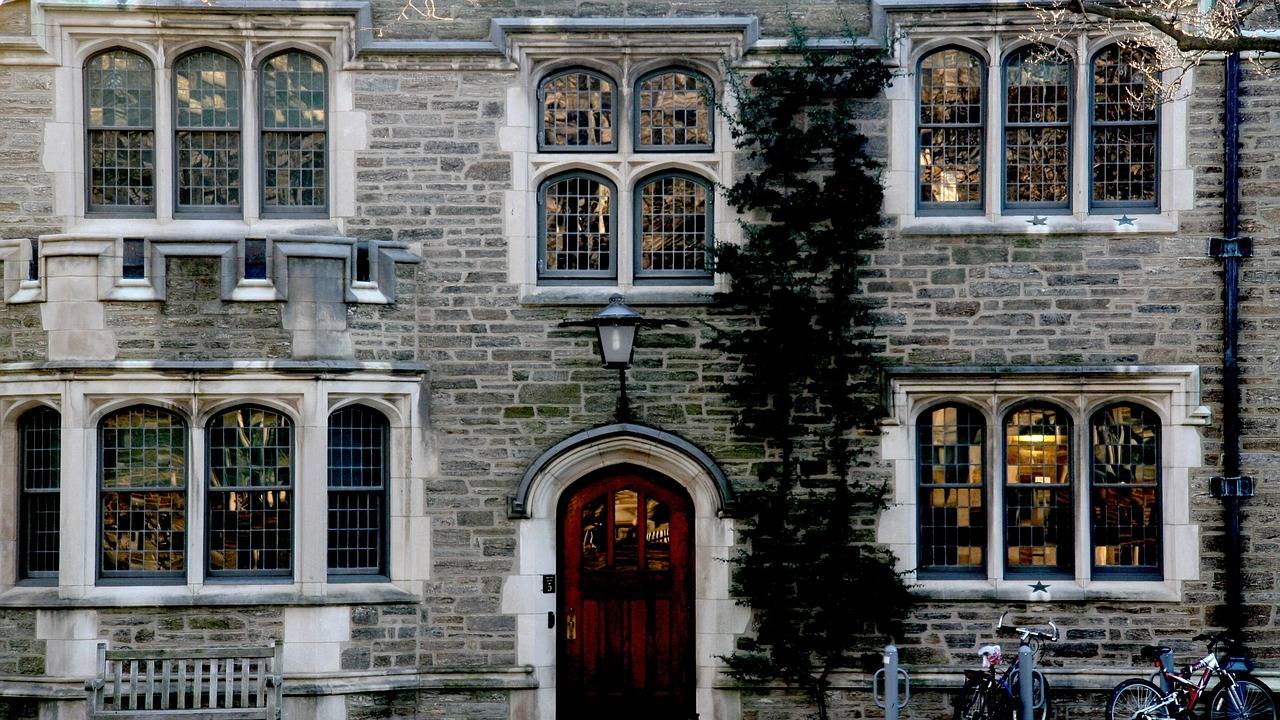Global Education: Comparing Systems and Practices
One crucial factor in educational systems is the quality of teachers. Educators play a fundamental role in shaping students’ learning experiences and academic achievements. Highly qualified and motivated teachers can inspire students, foster curiosity, and instill a love for learning.
Another key factor in educational systems is curriculum design. The content and structure of the curriculum greatly influence what students learn and how they acquire knowledge. A well-designed curriculum takes into account the needs of students, aligns with educational standards, and provides a well-rounded education that prepares students for success in the future.
Historical Development of Education
Education has undergone significant transformations throughout history. In ancient civilizations, education was primarily reserved for the elite members of society, focusing on subjects like philosophy, mathematics, and rhetoric. The emphasis was on teaching skills that were deemed essential for leadership and governance.
As societies evolved, schooling became more formalized and structured. The establishment of schools and educational institutions became more prevalent, aimed at providing a broader segment of the population with access to knowledge and learning opportunities. This shift marked a turning point in the democratization of education, paving the way for increased literacy rates and a more knowledgeable populace.
What are some key factors that have influenced educational systems throughout history?
Some key factors that have influenced educational systems include societal needs, cultural values, technological advancements, and political ideologies.
How has education evolved over time in different societies?
Education has evolved from informal systems of learning in ancient civilizations to formalized systems of schooling in modern societies. Different societies have placed varying degrees of importance on education based on their cultural beliefs and values.
What role did religion play in the historical development of education?
Religion has played a significant role in the historical development of education, with many early educational institutions being established by religious institutions. Religious teachings often formed the basis of early education, shaping the curriculum and values taught to students.
How has the industrial revolution impacted education?
The industrial revolution brought about a shift in education towards a more standardized and structured system. The need for a literate and skilled workforce led to the establishment of compulsory education laws and the development of public school systems.
What are some challenges that have historically faced the education system?
Some challenges that have historically faced the education system include access to education, quality of education, funding, and inequality in educational opportunities. These challenges continue to be relevant in modern times, with efforts being made to address them through various reforms and initiatives.





